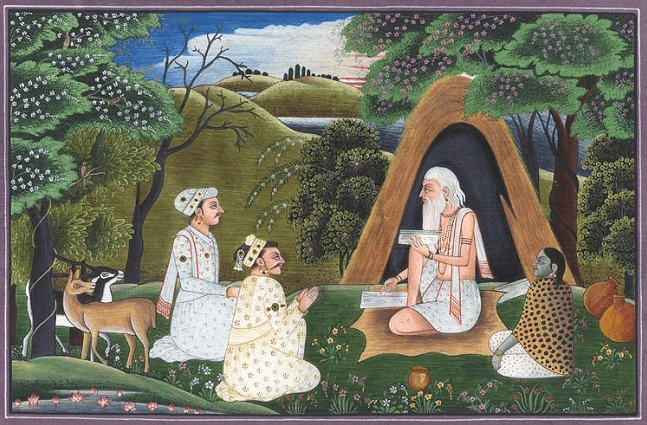{latest in a developing series on Smashing Paradigms}
For my story-telling explanation of the definition of a Paradigm, see “What is a Paradigm“.
One way of defining a paradigm is “an unconsciously held belief that limits us from fresh thinking” or “we’ve always done it this way”

(c) smasherofficial.com
Readers in the USA might remember the ING commercial from around 2008 about knowing “Your number” for how much money you would need saved for retirement.
The paradigm around our lives that I grew up within the UK (and that has barely shifted since) looks a little like:
- Up to around age 21 – be a kid, then learn and prepare for a career
- 21-65 -work, raise a family, and make sure you save enough money to retire
- 65 to 71 (when I was born in 1965 in the UK).
So, back then “your number” would only have to be enough to last you six years, though of course chances are you’d also have health issues to deal with before you die, so make sure you have health insurance (well, at least in the UK they have the NHS!).
Now, things have changed radically with life expectancy, health, as well as technology.
Not just “can I afford to retire (umm, likely “no”), but change the frame.
Why retire at all?
“We live in a provocative time. Power is sipping from the fountain of youth. The digital age has crowned a new set of billionaire business leaders who are in their mid-thirties. And yet, medical technology advances will have us living a decade or two longer than our parents or grandparents. So, power has shifted ten years younger at the same as life expectancy has shifted ten years older. This creates a fascinating and concerning sociological condition for the modern age. Life expectancy is being solved. Life relevancy – for those in the second half of an increasingly long life – is still a riddle.“
“In 2015, all Baby Boomers hit the over-50 mark. Back in 1900, U.S. life expectancy was 47. In 2000 it was 77. Who knows, maybe it’ll be 107 by the year 2100? So, at age 55, I may be just barely halfway through my life. One of the paradoxes of our time is this: Boomers enjoy better health than ever, remain young and stay in the workplace longer. BUT they feel less and less relevant. Are WE a carton of milk or a bottle of fine wine? Can elders offer insight or is it time for US to get the hell out of the way? If the latter, I guess I should just leave the stage now.”
These are the words of Chip Conley, a 57-year-old polymath and dynamo who, I believe, is stunningly relevant with his thoughts on the idea of what he calls the “Modern Elder”.
As a 52-year-old with parallels in my own journey to that of Chip, this really resonates for me at many levels.
I believe that elders with energy and curiosity who approach life with Shoshin, a beginner’s mind, are more and more relevant to our modern world in every way, including businesses and other organisations.
There are, however, gaps in how society views such modern elders, so there are paradigms to be smashed. I’m ready to be part of that smash crew!

